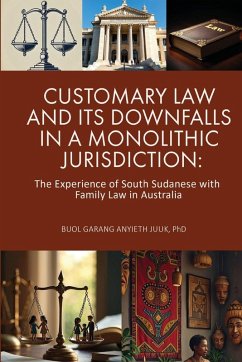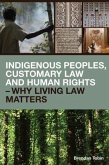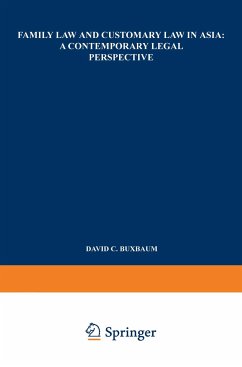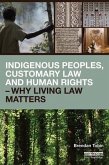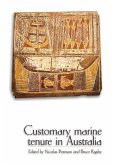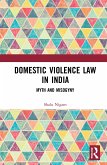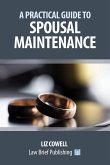The concept of family law may be unfamiliar for South Sudanese Jieng's communities in Australia as formal family law legislation does not exist in South Sudan. Instead, disputes relating to marriage, separation, divorce, and care arrangements for children have traditionally been dealt with within families or a community setting rather than by government statutory authorities. Despite the growing body of research on South Sudanese settlement challenges by non-South Sudanese in Australia, little is known of the Jieng families' experience of family law disputes in South Sudan or Australia from their own perspective. The overall picture that emerges from the research conducted has been negative; South Sudanese communities have been criticised for their failure to adjust to the Australian way of life. This book intends to fill this gap in the literature by documenting and analysing the experiences of Jieng families in relation to marriage, divorce, and disputes over the care of children in South Sudan and Australia. First, the book examines the practice of customary family law among Jieng communities in South Sudan and the changing nature of this practice due to the impact of conflict, the experience of displacement to refugee camps, and of resettlement in Australia. To this end, the book critically reviews the statutory and customary laws of South Sudan regarding marriage, divorce, and dispute over the care of children. It then analysis how family law disputes are resolved through the formal legal system within Australia. The book argues that current formal family dispute resolution has not been effective as it is pedantic and consequently creates obstacles for the participation of the Jieng families and other similar groups. This book is significant since it contributes to the growing body of research on South Sudanese settlement in Australia. It adds to existing research concerning the experiences of migrants and refugees when faced with navigating the Australian legal system. Further, this book may also shed light on approaches to mediating conflicts between customary and Australian law in other cultural groups, including the Australian Indigenous peoples and those of other jurisdictions across the globe where refugee populations are growing significantly. Thus, this book will impart knowledge to service providers, practitioners, and communities about how best to support South Sudanese families and other groups with similar practices in Australia and beyond.
Hinweis: Dieser Artikel kann nur an eine deutsche Lieferadresse ausgeliefert werden.
Hinweis: Dieser Artikel kann nur an eine deutsche Lieferadresse ausgeliefert werden.

